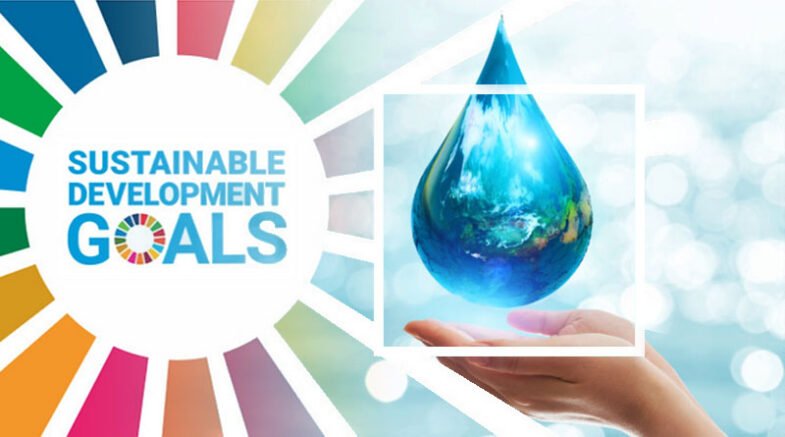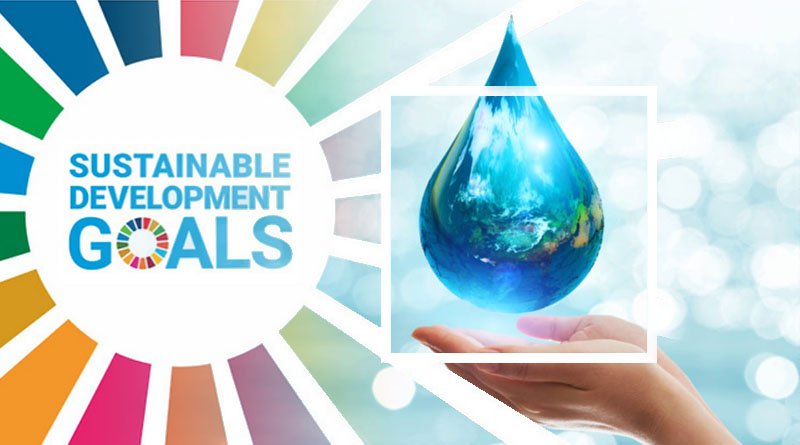ICWES 2022 organized by the University of Nottingham Malaysia, highlighted the need for an interdisciplinary approach to address water-related issues.

In order to help the nation address issues related to water security, drought resilience, water and environmental pollution, and flood resilience, Dr. Teo Fang Yenn Associate Professor, University of Nottingham Malaysia emphasizes the need for sustainable management of water and the environment.
“Malaysia is not immune to the effects of water on either end of the spectrum: water scarcity on the one hand, and water surplus on the other”, Dr. Teo Fang Yenn stated in a letter.
The 1st International Conference on Water and Environment for Sustainability (ICWES 2022), organized by the University of Nottingham Malaysia, highlighted the need for an interdisciplinary approach to address water-related issues.
Engaging experts from different backgrounds in water and environmental-related academia, research institutions, industry players, engineers, non-government organisations, policymakers, and government agencies is the best way to integrate scientific knowledge with management approaches, social sciences, and engineering solutions.
The ICWES 2022 saw the power of multidisciplinary engagement to create viable solutions to water-related issues, such as coastal reservoirs as a sustainable solution for water security, bioretention systems as a filtration solution to eliminate suspended solids and other water-bound contaminants, and urban storm water reuse. Malaysia’s progress in providing water-related solutions is promising with this engagement.
The Department of Drainage and Irrigation estimates that there are 150 river systems in Peninsular Malaysia and 50 in Sabah and Sarawak, which play a major role in shaping and influencing the development of the nation. This calls for greater care of Malaysia’s river basins as a water resource.
The establishment of an institutional framework for the integrated management of water resources depends on the National Water Resources Law (NWRL). It will make it easier to adopt an Integrated River Basin Management system by bridging gaps and addressing fragmented, redundant, or out-of-date laws (IRBM).
“In a given river basin, IRBM is a process for coordinating the conservation, management, and development of water, land, and related resources across sectors. Its objective is to maximise the positive effects that water resources have on the economy and society,” said Dr. Teo.
An alignment of functions and responsibilities with the National Water Policy and the proposed NWRL is needed to ensure that each state is responsible for the management of its own land and water resources.
The formation of a federal institutional body for water governance mandated by legislation is necessary to perform water resources management functions, and the establishment of an organisation at the river basin level is key to addressing this.
Acoording to Dr. Teo “Caring for our rivers, coastlines, and other bodies of water is critical for sustaining the biodiversity of the ecosystem and the general quality of life. This calls for greater emphasis on river water quality assessment, monitoring for major rivers, and enforcement in relation to point source pollution by relevant agencies.”
One of the main river pollutants is still the discharge from individual septic tanks and isolated sewage effluents. Key in this regard is increased regulation and enforcement of non-point source pollution by pertinent agencies.
By following domestic practises like disposing of used cooking oil at designated collection centres rather than pouring it down the kitchen sink and turning kitchen scraps into compost for garden plants, the public can also actively contribute to keeping waste away from water sources and rivers.
“In summary, in order to implement integrated and sustainable solutions to urgent water and environmental issues for a higher quality of life, we must work together through strong cooperation and coordination among interdisciplinary parties. Only then will we be able to make progress towards achieving the Sustainable Development Goals (SDGs) of the United Nations,” he further added in the letter.
The leading water and wastewater event in the region for developing Asia, ASIAWATER 2022, took place at the same time as ICWES 2022.
More than 120 experts from the UK, Europe, New Zealand, China, India, Pakistan, Palestine, Bangladesh, Sri Lanka, Saudi Arabia, Indonesia, Taiwan, and Malaysia participated in the conference. “Towards Sustainable Water and Environment Management for the Future” was the conference’s theme.
